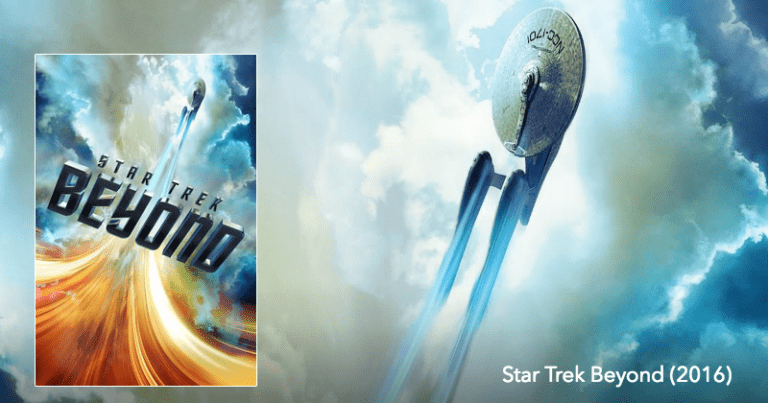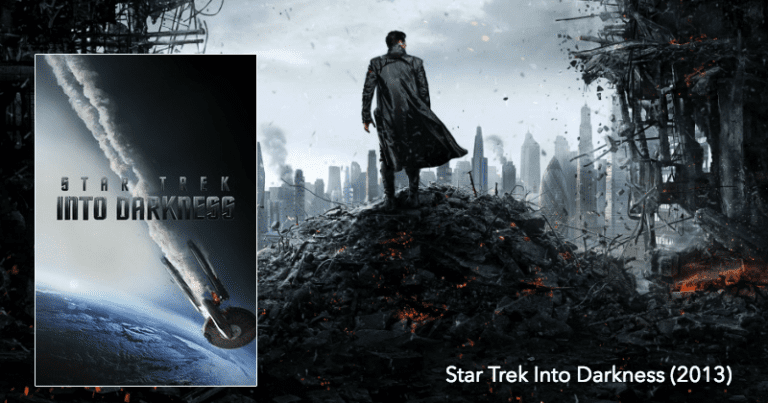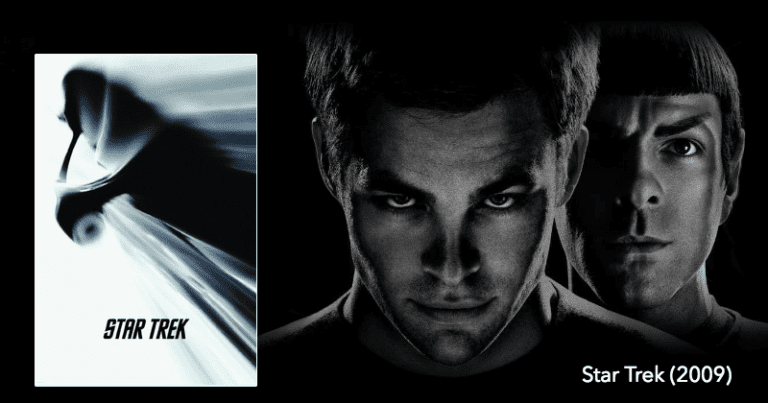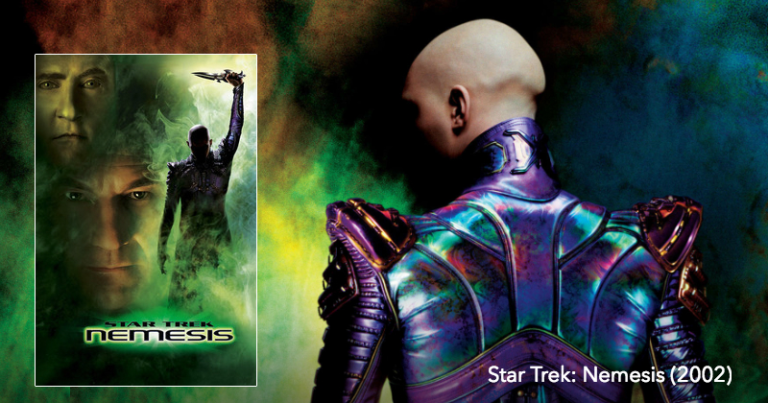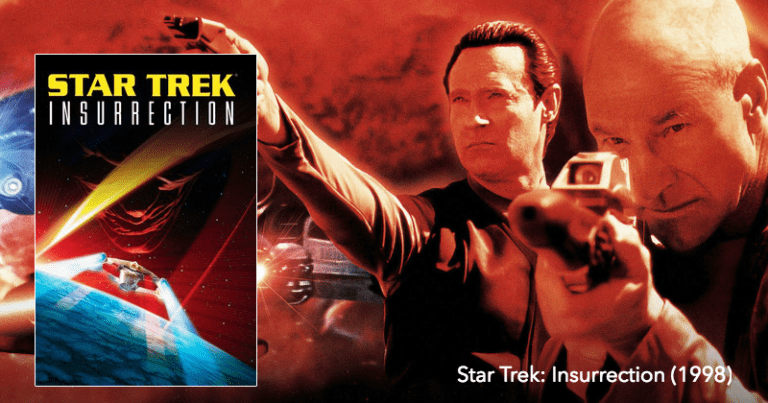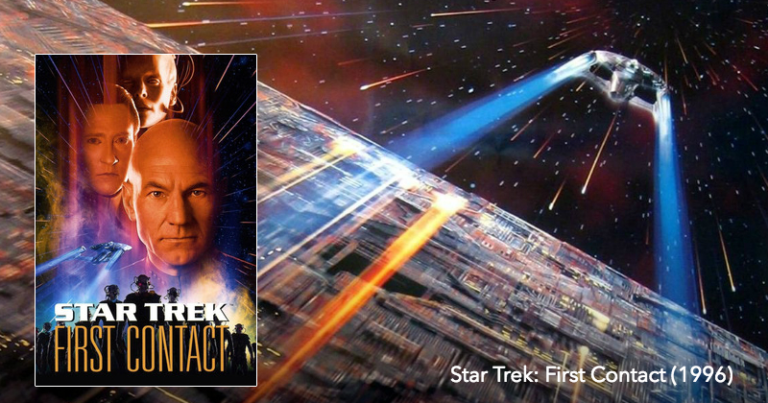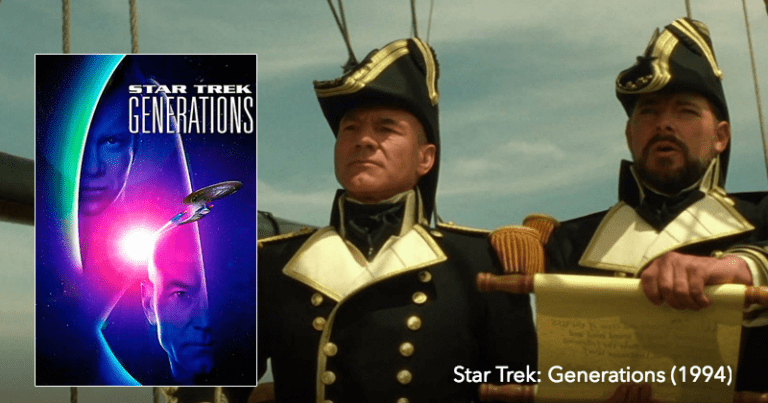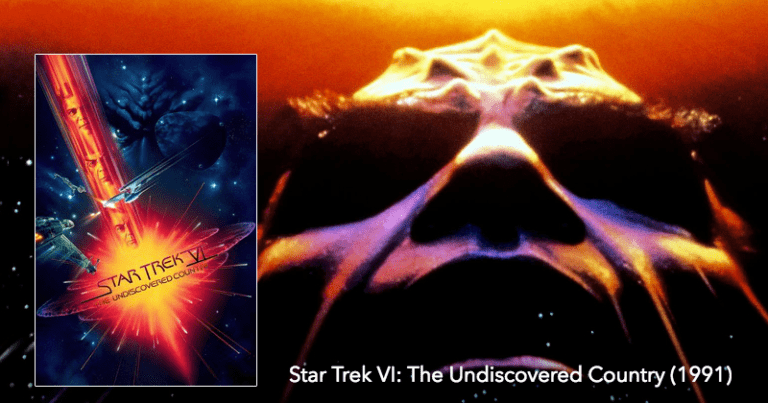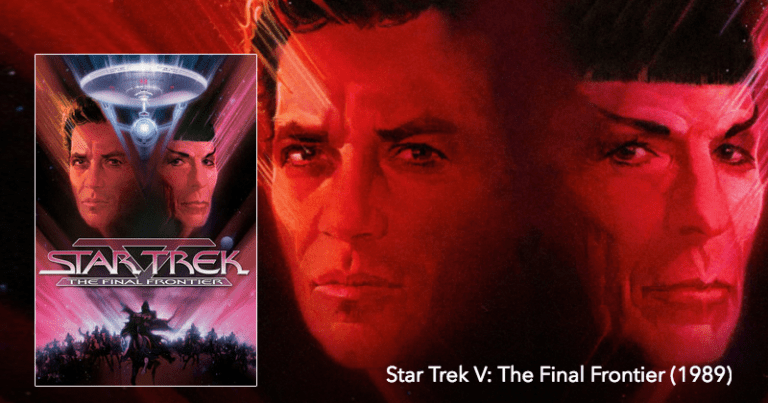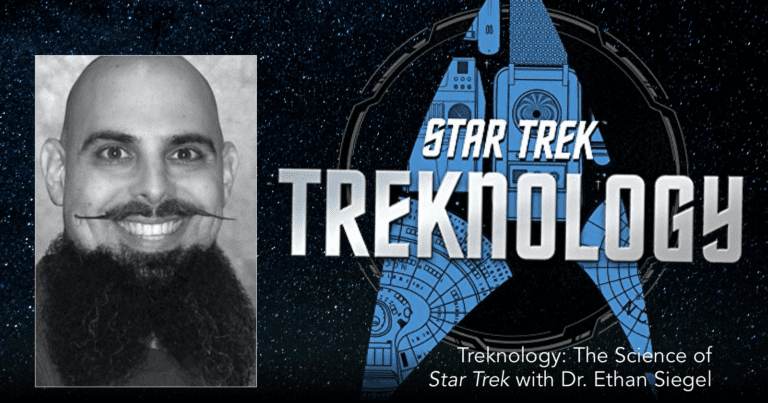
Treknology: The Science of Star Trek with Ethan Siegel
What’s this? More Trek? We can’t get enough of it! This week, Ethan Siegel joins Pete to talk about the science of Star Trek, talking through those questions that stumped us during our film series. From space propulsion to transporters, energy fields to sliding doors, Ethan builds a bridge connecting the fantastic technology that provides the foundation for the Trek future, back to the practical science of today.

